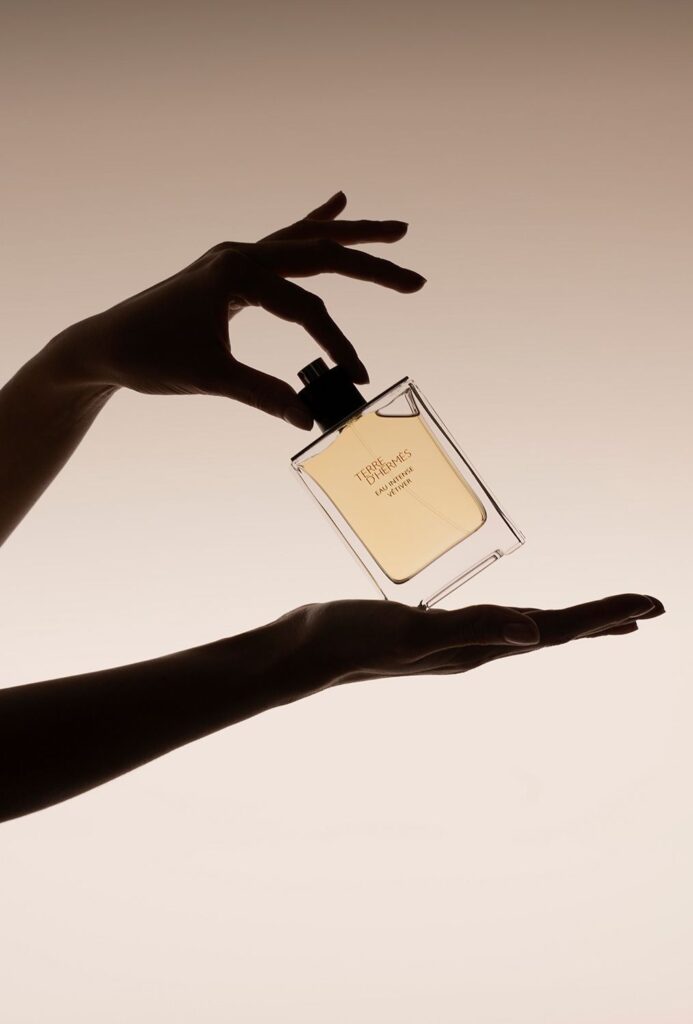What does it mean to be indie? In the dictionary, the term “indie” is listed as a colloquially shortened form of the word “independent,” which typically suggests a self-produced work of art in the entertainment field. Nowadays, though, the word has taken on a new meaning, and created an entirely new genre — but how?
Many of today’s most quintessentially indie artists actually are signed to labels (Rex Orange County, Catfish and the Bottlemen, Clairo and more) meaning they are definitely not independent. And while indie movies for the most part are still legitimately indie, they’ve developed similarities other than the fact that they were independently produced. So where did it all come from?
Indie Then
The ideals behind independent music can probably be traced back to the do-it-yourself attitude of the 1970s punk scene, and the concept of being indie was soon associated with differing from the norm. The closer a musician’s sound was to the radio, the less indie their music; similarly, if an artist’s musical journey developed into something more commercially popular, they would be considered a “sell-out” by their peers, having diverged too far from the indie culture.
While being “indie” started out as being a part of the underground music scene, it quickly took on a new meaning. In the 80s, this desire to stray from the societal norm of music created the genre “college rock,” which got its name from being played on various college radio stations across the country (indicating just how important the younger generation can be for music trends). Since then, the genres have only continued to develop alongside whatever was trending on the radio at the time; basically, the indie genre was only able to become what it is now because of pop music’s evolution.
Indie Now
Today, indie music tends to be split into two broad categories: indie rock and indie pop. The differences between the two are pretty similar to those between regular rock and pop, but because of indie’s history of being the lesser-funded music, the genres tend to add a bit of a raw, somewhat lo-fi feel to the music. And while it can be difficult to pinpoint just what in an artist’s music can constitute their work as indie, there is a definitive sound that comes to mind when someone tells you their favorite genre is indie.
Independent film in the modern age hasn’t changed much in its definition since its origin; they usually are individually produced and typically gain traction after being distributed by an independent film company (like A24). However, in terms of content and funding, the rise in popularity of indie films does seem to be changing the way people think about their production. A24 has begun to produce its own films — as opposed to funding them after an independent film premiere — and the term “indie” now seems to have become its own movie genre, similarly to music.
Linguistic Evolution
“Indie” isn’t the only word to develop a new meaning after years of cultural change. The definition of “pop” is intrinsically vague; calling music “popular” doesn’t identify its style whatsoever. So what makes a song a pop song? And for that matter, the word “emo” originally came from “emotional,” but has developed a new connotation in pop culture and a new genre of the music scene. It seems that music has a lot of influence over the cultural evolution of youth, and vice versa!
What are your favorite indie songs and movies? Let us know by tweeting us, @VALLEYmag, on Twitter!





